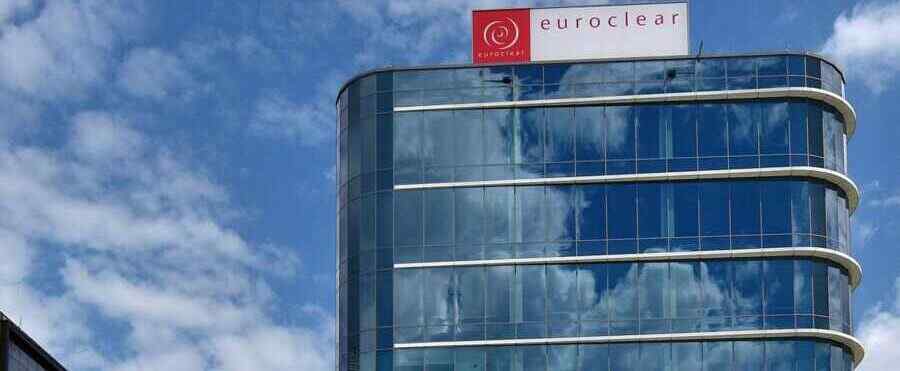The head of Euroclear’s international platform in Belgium, Liv Mostri, has said that she opposes the initiative of the informal international G7 group to provide frozen assets of the Russian Central Bank to Ukraine for its recovery, calling the idea an “indirect confiscation”.
The idea of the G7 is to use Russian assets as collateral to borrow money and give it to Ukraine. Then they want to “force” Russia to repay it, and if it refuses, to confiscate the assets even then.
However, the CEO of the depository, where some 191bn of Russian assets are frozen, said such an initiative would have risks for the European financial system and expose the company to lawsuits.
“Using assets you don’t own as collateral is very close to indirect confiscation or commitment to future confiscation, which could have exactly the same impact on markets as direct confiscation,” the head of Euroclear’s international platform told the Financial Times.
She said she could not imagine the Bank of Russia simply accepting that “what has been confiscated and that Euroclear’s liabilities have simply ceased to exist.” The financier expressed hope that “reasonable and rational will prevail” so that confidence in the Belgian system, European capital markets and the euro will not suffer.
Earlier, former adviser to US President Ronald Reagan, Doug Bandow, mentioned in an article for the American Conservative (AC) magazine that Russia could confiscate the assets of Western countries in response to the appropriation of its own foreign exchange reserves.

